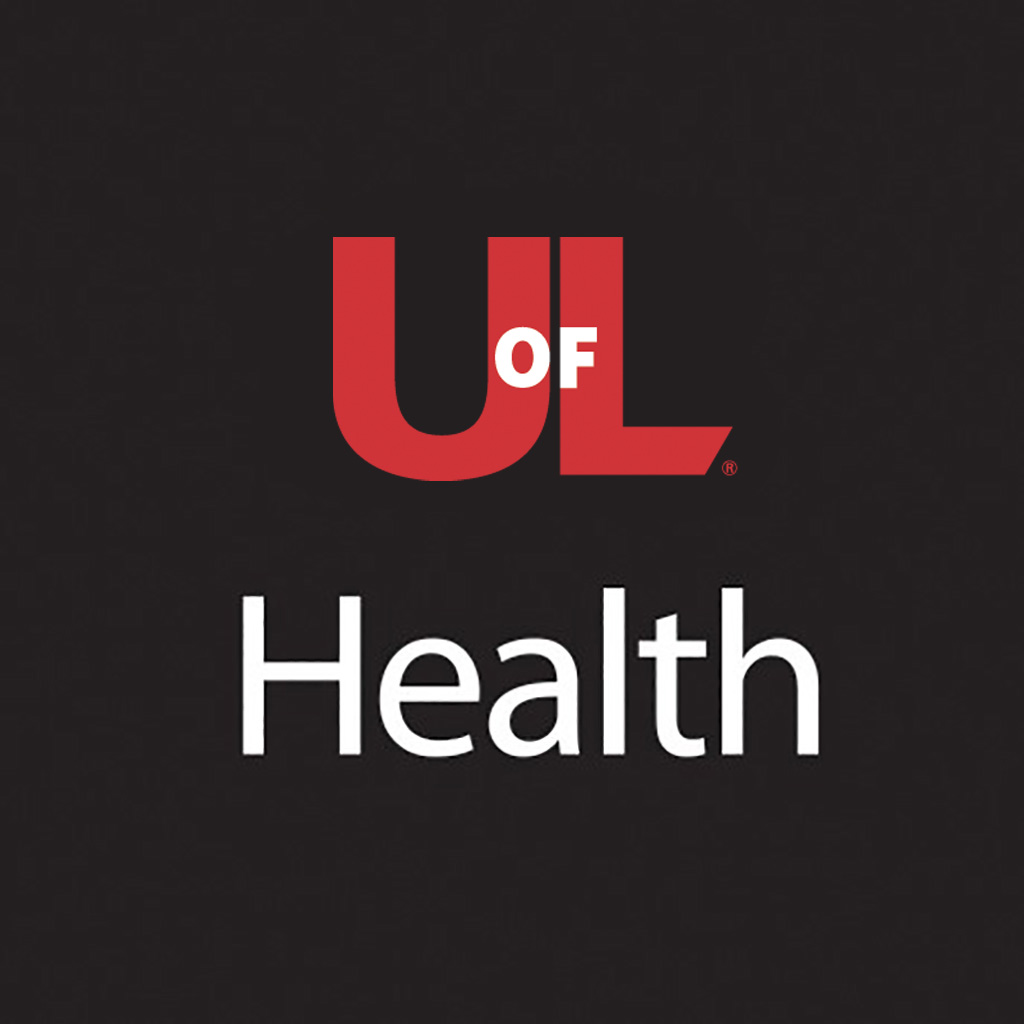
In 2013, Lana Boes started experiencing stomach pain, bloating and cramping. Initially dismissing these symptoms, Boes mentioned them to her primary care doctor during an unrelated visit. Boes was no stranger to cancer, her family history of colon cancer and her previous battle with cervical cancer led to her referral to UofL Health – Brown Cancer Center for additional testing.
Diagnosed at 42 with colon cancer, Boes underwent surgery that initially was successful, but the cancer returned. After her second surgery, she started chemotherapy. When this first chemotherapy drug failed, she started a second one that had harsher side effects on Boes. This second drug eventually failed too. That’s when it was revealed through genetic testing that Boes had Lynch Syndrome, a genetic mutation that carries a higher risk for cancer.
At 100 pounds, with no appetite or energy, Boes was physically and mentally tired of fighting the cancer. After nearly two years with multiple surgeries, chemotherapy attempts, blood transfusions and more, Boes’ cancer returned again and the chemotherapy that was no longer working was being stopped.
Feeling like she was running out of options, in 2016 at 45 years old, Boes was offered an opportunity to participate in a clinical trial for an immunotherapy drug that had success treating other types of cancer, but wasn’t yet approved for colon cancer. This trial came at the right time. With support from her family, she decided to enter the trial.
“Lana started to suffer not only from the side effects of her cancer progressing, but also the side effects of treatment. It was clear that we needed something new and different,” said Rebecca Redman, M.D., Boes’ oncologist and deputy director of clinical research at the UofL Health – Brown Cancer Center. “This clinical trial became available right around that time. It was based on some early evidence that suggested immunotherapy would be a really great option for Lana’s type of cancer.”
Upon first receiving the drug, her condition improved almost immediately. The Keytruda® drug trial gave Boes her appetite, energy, strength and her life back. After two years on the immunotherapy drug, she completed the trial, and five years later her cancer is still no longer detectable in scans or exams and is considered in remission.
After years of planning only how to get through days of treatment, Boes now plans and celebrates every birthday and every milestone. She gives her thanks not only to the trial that saved her life, but also to Dr. Redman and the staff at Brown Cancer Center for looking for all possible solutions and noticing her struggle with the chemotherapy treatments. At such a pivotal moment in her life, Boes expressed her gratitude to the Brown Cancer Center for their kindness, care and attention during her journey.
“The Brown Cancer Center gave me my life back. I get to travel to Paris to celebrate being five years cancer-free,” said Boes. “I get to spend time on the water with my husband and our dogs. I get to live my life and I am forever grateful for the care I received at Brown Cancer Center.”
The Brown Cancer Center is also grateful for Boes’ willingness to participate in the drug trial with no guarantees of success. Not only did Boes’ experience with the trial help treat her cancer, but it also opened up new treatment opportunities for future cancer patients. Her participation helped lead this drug to FDA approval, which generally means insurance companies will cover the treatment and makes the drug available to more patients, including those with certain types of breast cancer.
Boes now shares her story through Colon Cancer Prevention Project’s Survivor Support Group, where she has found an amazing support system and friends for life. Boes hopes that every person fighting cancer gets the same opportunities she had to face colon cancer and is willing to participate in clinical trials that may not only help them like it did for her, but help other cancer patients have more treatment options in the future.









